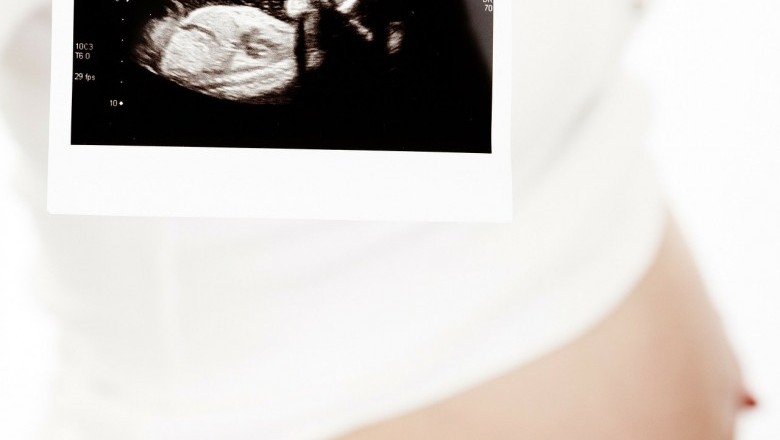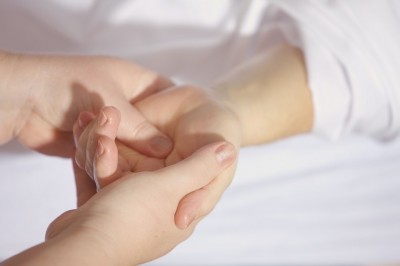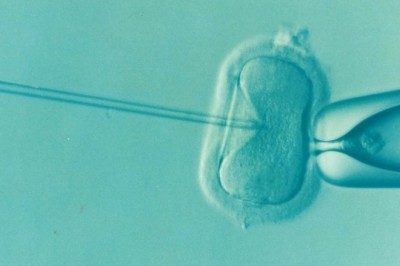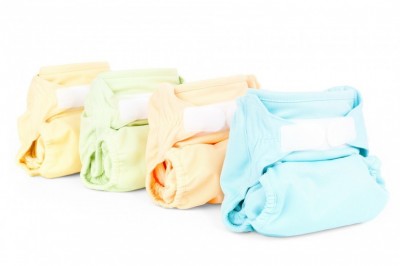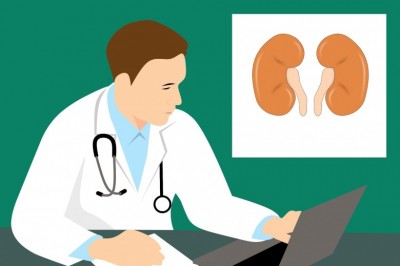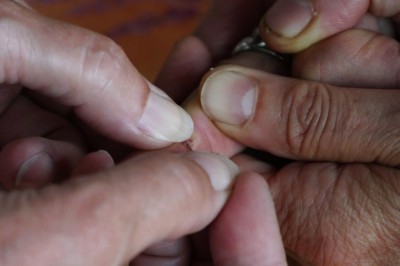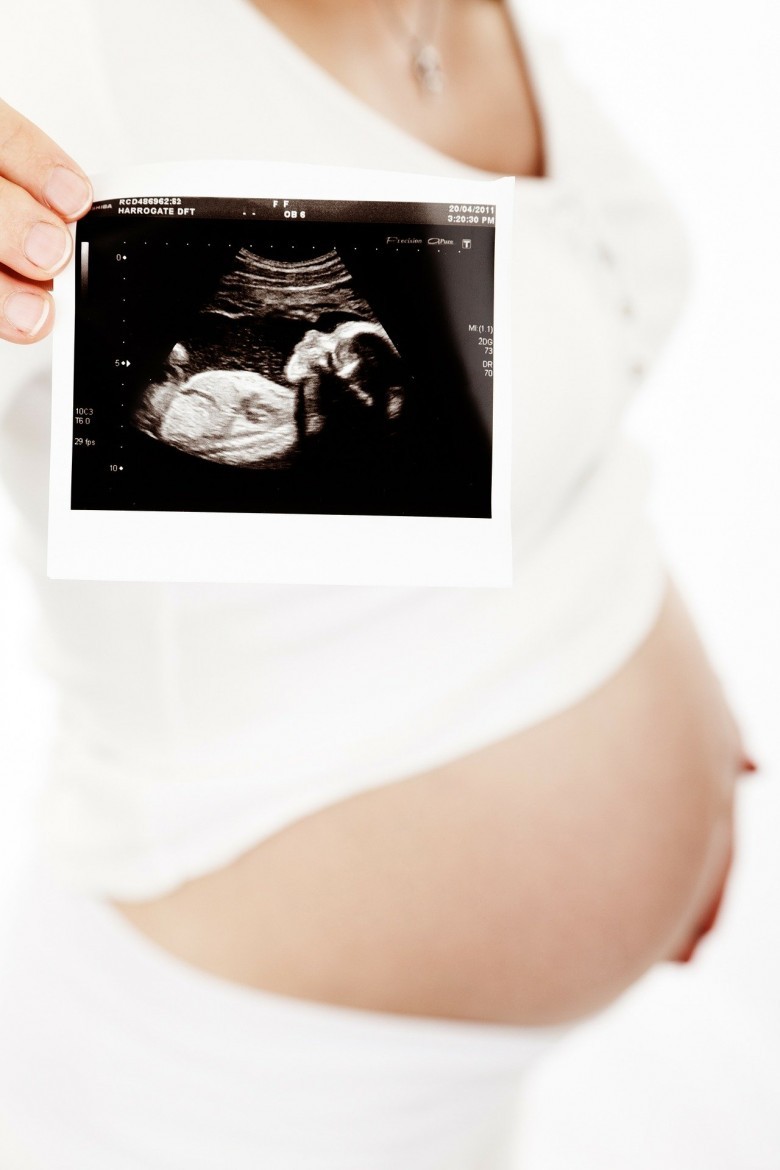
Baby Movements During Pregnancy
The very first pregnancy in a womans life brings various fears to the mind, but the thought of that cute infant, safe in mommas tummy, vanishes all qualms. And feeling those first movements, made by the tiny creature within, is a great marker of pregnancy. When those movements turn into dynamic kicks, you like being hit by those tiny feet and get touched by your own child.
Babys first movements
Feeling those first, tiny sensations inside are a key landmark of your pregnancy. And when those movements become vigorous kicks, you know everything is going well.If this is your first pregnancy, you may not even notice your baby moving around immediately because you wont be familiar with the sensation -- which many women describe as a gentle fluttering moti.
Why does baby move?
As your baby is continuing to develop he/she will stretch and flex his/her limbs. As you get further along in your pregnancy, you will begin to feel more obvious movements, such as kicking, punching, and rolling. Your baby may also move as he/she responds to noise or to your emotions.
Feeling movement during pregnancy
How often should the baby move?
There is no right or wrong answer to this question. One thing is for certain - the baby will not move continuously. In their earliest stages, foetal movements may be so intermittent that they may not be recognised for what they are at all, and sometimes it is only as the baby becomes stronger and begins to produce thumping or kicking movements that the mother experiences the sensation of her baby moving inside her.
What will happen during prenatal visits?
Your doctor will start by talking to you about your medical history and how youve been feeling. Youll be weighed and have your blood pressure taken on every visit.
On your first visit, youll also probably have a pelvic exam to check the size and shape of your uterus (womb), and if needed a Pap smear to check for signs of cancer of the cervix (the opening of the uterus) and cultures to check for infections. Urine and blood tests may be done on the first visit and again later.
You dont say how far on your wife is in her pregnancy. Normally it is between 16 and 24 weeks you feel the first movements, usually starting with "flutterings" and then steady kicks. I would advise you not to worry.
Fetal Movement During Pregnancy
Feeling your baby twist, wriggle, punch, kick, and hiccup is simply one of pregnancys biggest thrills (and it sure beats heartburn, puffy feet, an aching back, and some of the other hallmarks of these nine months). There may be no better proof that a brand-new - and impressively energetic - life is developing within you.
keep track of the kicking
Once youre feeling kicks regularly, pay attention to them and let your practitioner know right away if you notice a decrease in your babys movement. Less movement may signal a problem, and youll need a nonstress test or biophysical profile to check on your babys condition.
Counting the movements
A kick chart is a graph or grid printed on a piece of paper with spaces to record the daily movements of your baby, usually after about 28 weeks of the pregnancy. In Australia, kick charts are mainly used for women who express concern about their babys movements or if they have a health condition or pregnancy complications that may put their baby at increased risk of being unwell after birth.
Read About Acne Cure, Acne Treatments Also read about Acne Cure
Treatments Directory and Acne Cure Treatments, Supplements For Acne Treatment



